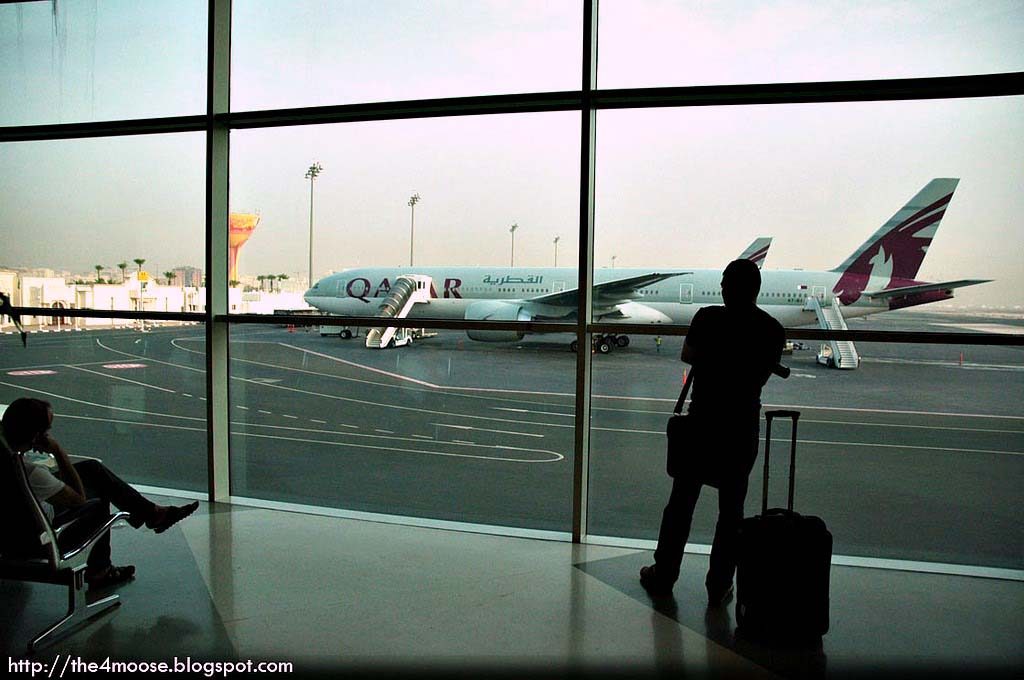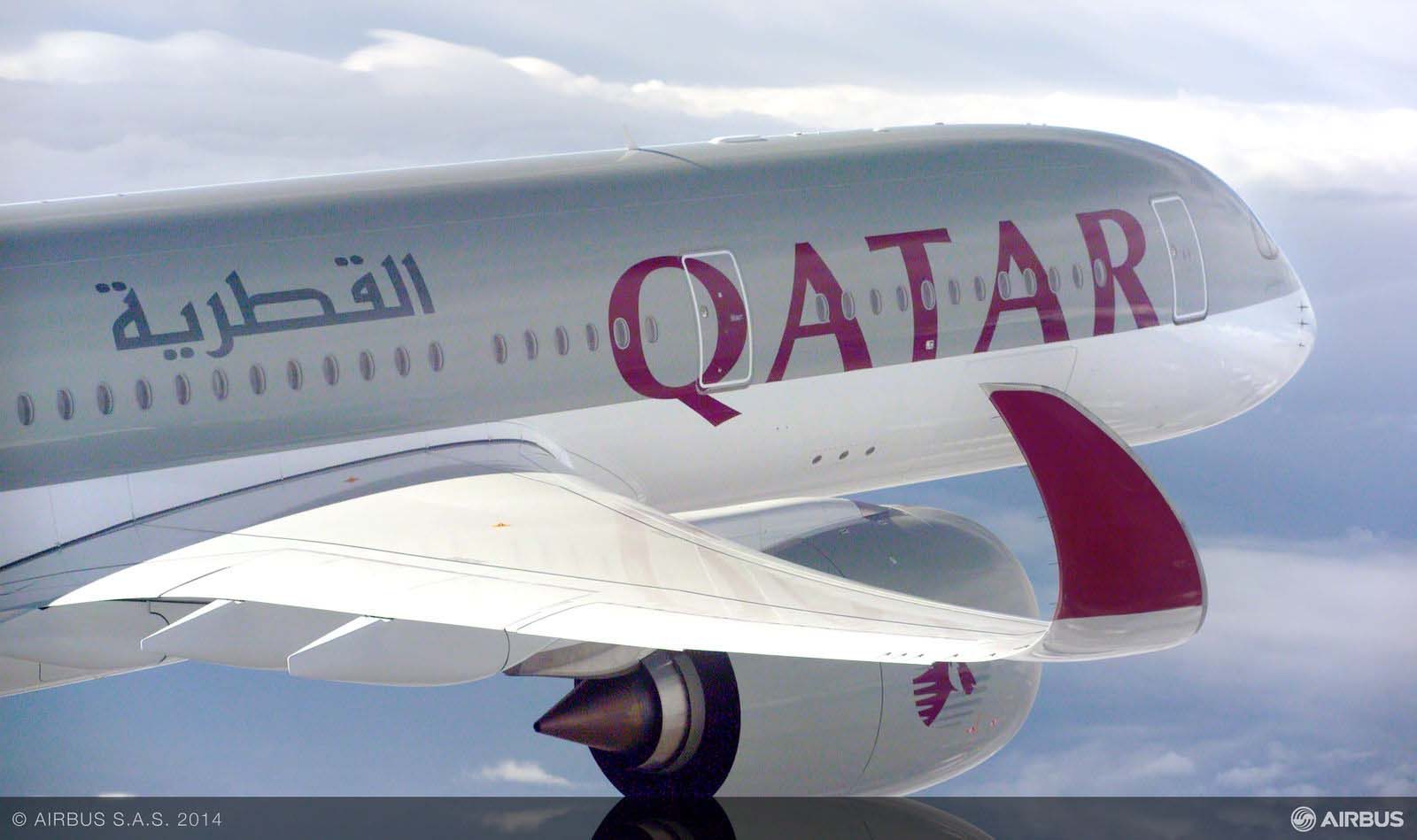
The International Air Transport Association (IATA) has called for the restoration of air connectivity to Qatar, following the severing of ties by several countries in the region this week.
Saudi Arabia, Bahrain, the United Arab Emirates and Egypt halted all flights to and from Qatar on Tuesday.
“Of course we accept that countries have the right to close their borders,” IATA director general Alexandre de Juniac told AFP at the group’s annual meeting in Mexico.
“But connectivity with Qatar must be restored as quickly as possible,” he added.
How Qatar Airways has been affected
In the wake up the Gulf dispute, Qatar’s national carrier has had to stop all flights to the affected nations.
Flights to the UAE, Saudi Arabia and Bahrain previously made up a large part of the airline’s short-haul schedule.

That means thousands of Qatar residents have had their flights cancelled.
And as well as having to refund their fares, the airline has also lost thousands of connecting passengers daily from these countries. They comprise a large chunk of its business.
That said, CEO Akbar Al Baker put on a brave face yesterday, saying it is “business as usual” for the airline, aside from the stopped routes.
Restricted airspace
However, Qatar Airways is also grappling with severely restricted airspace.
Its planes have not been able to fly over Saudi Arabia, Egypt, Bahrain and the UAE since Tuesday.
Qatar Airways traffic 24 hours before and 24 hours after the flight ban. More on how the ban is affecting flights at https://t.co/lXphkQfLja pic.twitter.com/o9rix5JLlW
— Flightradar24 (@flightradar24) June 8, 2017
Flight tracking programs like Flightradar24 show all Qatar Airways aircraft departing and arriving north of Doha in a narrow channel, and then flying through Iranian airspace.
Additionally, available routes for its aircraft through Bahraini airspace (which encircles Qatar) are being restricted.

Re-routing means that some Qatar Airways flights are taking slightly longer than normal and are therefore burning more fuel, which will have a financial impact on the airline.
Other carriers flying to Qatar are also seeing delays, as the UAE is saying they need special permission to fly over its airspace if they’re going to Doha.
As of yesterday, Indian airlines had not yet gotten this go-ahead. So they took 90-minute detours to avoid UAE airspace when going to Hamad International Airport.
IATA rules
Saudi Arabia is not a signatory of the International Air Services Transit Agreement. It is therefore legally allowed to ban all Qatar Airways flights over its territory.
But Bahrain, Egypt and the UAE cannot legally block Qatar from using their airspace because they are part of this agreement.
Still, these laws are hard to police.
And for now, it’s clear that Qatar Airways will not be flying over these countries anytime soon.
Thoughts?






